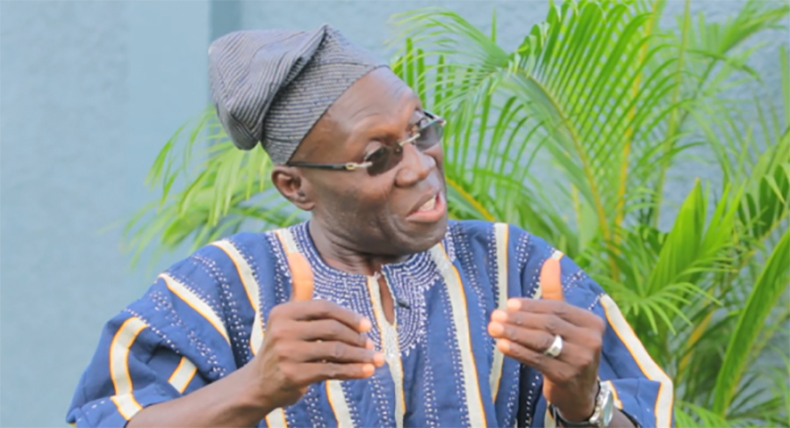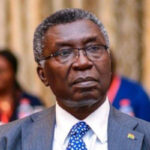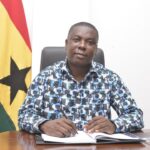Former Member of Parliament for Tamale Central, Inusah Fuseini, has sparked renewed discussion about the legal foundation of parliamentary immunity in Ghana following a controversial move by the National Investigations Bureau (NIB) involving Assin South MP, Rev. John Ntim Fordjour.
Speaking on Channel One TV’s The Big Issues, Fuseini explained that while parliamentary immunity is widely acknowledged in practice, it lacks strong constitutional grounding and is more of a political convention than a firm legal safeguard.
“The immunities of Members of Parliament are not absolute. It is a convention that took root during the time of MPs like Abodakpi and Ayariga. It was shaped more by precedent than by codified law,” he stated.
His remarks follow an April 9 incident in which NIB officials visited Rev. Fordjour’s residence to question him over statements he made regarding alleged unauthorized aircraft landings in Ghana. The incident has raised concerns about potential overreach by state security agencies and how such actions could intimidate elected officials.
Fuseini warned that parliamentary work could be severely disrupted under regimes that use the law to silence opposition voices.
“We argued that when you have a vindictive president who wants to go after the minority, he will decapitate them by pressing criminal charges. When this happens, MPs will spend more time in court than in Parliament,” he noted.
Although parliamentary immunity provides some protection, Fuseini stressed that it is not absolute. He pointed out that granting total immunity could conflict with Article 17 of the Constitution, which upholds equality before the law.
In essence, his comments highlight a need for clearer legal definitions and protections regarding parliamentary privileges to prevent potential abuses of power and to maintain the integrity of Ghana’s democratic institutions.









